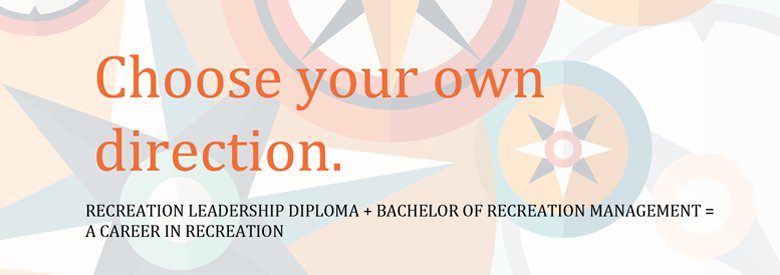Feb 18, 2019
By Joanne Edey-Nicoll, Instructor
What motivates us to participate in recreation activities and why is it important to understand what happens to us when we participate?



As children, we participate in recreation through play. We don’t think about what happens to us; it’s just fun! As we go through our teen years and into adulthood, we continue to participate in recreation. The activities change from merely playing to being involved in sports, exercising or learning a new skill. As we age, do we think about or gain an understanding of what happens to us when we recreate? Perhaps not and maybe we should.
As children, we learn to read and write to become literate and to gain an understanding of the world around us. Just as being able to read and write makes a person literate, acquiring an understanding of the benefits of participating in recreation activities leads to leisure literacy.
Literacy is typically thought of learning to read and write. “The United Nations Education, Scientific and Cultural Organization recognizes literacy as a basic requirement for a person to be able to fully participate in society” (Robertson, 2011, para 3).
Participating in a recreation activity without understanding the value of the experience, is like reading a book and not understanding what you just read. You can have the recreation experience but if you don’t know the meaning behind the experience, you may not understand the value or benefit of that experience. When people are participating in the leisure activities and they begin to feel, think and comprehend the benefits, they are becoming leisure literate.
Brenda Robertson from Acadia University suggests that leisure literacy needs to be in the forefront of daily lives.
Leisure literacy must surely become part of the public discourse in an era where lifestyle issues such as excessive screen time, physical inactivity, bullying, stress, social isolation, obesity, and suicide dominate the media as well as the agendas in many sectors including education, social services, health, and justice. The recreation profession can build a multitude of pools, parks, playgrounds and facilitate wonderfully engaging recreation experiences, but if people who could benefit the most lack leisure literacy, it is unlikely that they will take advantage of the opportunities that do exist (Robertson, 2011, para 8).
Helping people gain an understanding of what happens to them when they recreate will not only assist them in being intentional about their leisure choices, but it will increase peoples’ understanding about the importance of the work that we do.
Sources:
Robertson, B. (2011). Leisure Literacy: A Call for Action. Leisure Education. Retrieved from:
https://wlcleisureeducation.wordpress.com/2014/08/15/leisure-literacy-a-call-for-action/
Images:
https://caffeyoga.com/classes/tlc-yoga/
https://blueskypersonalsupportworkers.com/2018/07/the-benefits-of-swimming/
